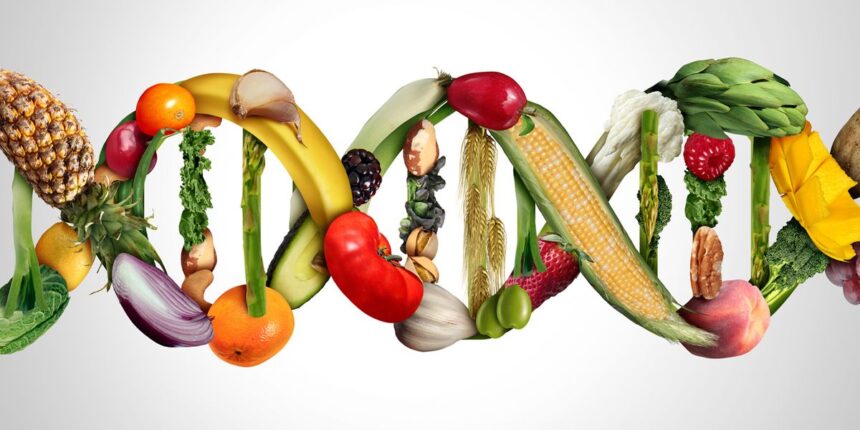Genetically modified organisms (GMOs) are a subject of great interest and debate. To help you understand this topic better, here are 10 things you should know about GMOs:
- Definition:
GMOs are organisms whose genetic material has been altered through genetic engineering techniques. This involves manipulating the DNA of the organism by introducing genes from other species to confer specific traits. - Wide Range of Applications:
GMOs have been developed in various fields, including agriculture, medicine, and industry. In agriculture, genetically modified crops are created to enhance traits like pest resistance, herbicide tolerance, and improved nutritional content. - Improved Crop Traits:
One of the main purposes of GMOs in agriculture is to develop crops with desirable characteristics. For example, genetically modified crops can be engineered to resist certain pests or diseases, reducing the need for chemical pesticides. - Increased Crop Yield:
GMOs can also be designed to enhance crop productivity. By introducing genes that improve photosynthesis or nutrient uptake, genetically modified crops have the potential to produce higher yields and help address food security challenges. - Safety Assessments:
Before GMOs are approved for commercial use, they undergo rigorous safety assessments. These evaluations typically include studying potential risks to human health, the environment, and biodiversity. Regulatory agencies, such as the Food and Drug Administration (FDA) in the United States, play a crucial role in ensuring GMO safety. - Labeling:
Labeling regulations for GMOs vary by country. Some nations, like the United States, do not require specific labels indicating the presence of GMOs. In contrast, other countries, such as those in the European Union, have mandatory labeling laws to inform consumers about GMO content. - Health Concerns:
Extensive scientific research has shown that approved GMOs on the market are generally safe to consume. Major scientific organizations, including the World Health Organization (WHO) and the National Academy of Sciences (NAS), have confirmed the safety of genetically modified crops currently available. - Environmental Impact:
GMOs can have both positive and negative environmental impacts. On the positive side, GMOs engineered for pest resistance can reduce the need for chemical pesticides, resulting in lower chemical usage and potential benefits for ecosystems. However, concerns exist about potential unintended effects on non-target organisms and the spread of modified genes to wild populations. - Potential Benefits for Developing Countries:
GMOs have the potential to address agricultural challenges in developing countries. By incorporating traits like drought tolerance or increased nutritional value, genetically modified crops could help improve crop resilience, reduce malnutrition, and enhance overall agricultural productivity. - Ethical Considerations:
GMOs raise various ethical considerations, such as intellectual property rights, corporate control over agriculture, and long-term effects on ecosystems. It is crucial to foster transparent and inclusive discussions to address these concerns and ensure that the development and use of GMOs align with broader societal values and goals.
It is important to note that the perspectives on GMOs vary, and it is always recommended to consult a variety of credible sources to form a well-informed opinion on the subject.
Join 'Farmers Mag' WhatsApp Channel
Get the latest Farming news and tips delivered straight to your WhatsApp
CLICK HERE TO JOIN






